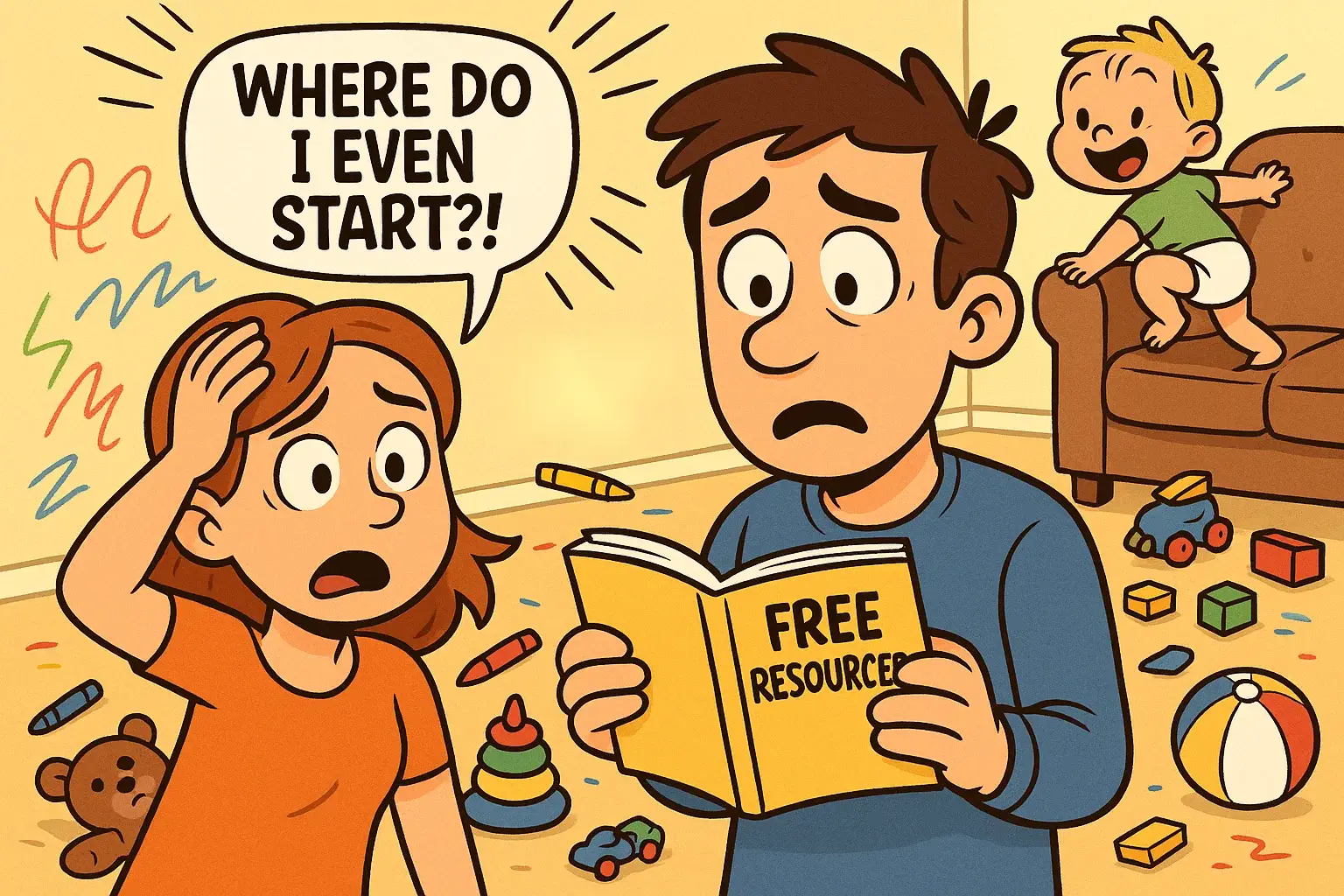Raising a toddler can feel overwhelming, especially when you’re navigating tantrums, sleep regressions, and developmental milestones. The good news? You don’t need to break the bank to access quality parenting support. Numerous organizations offer evidence-based resources, courses, and tools specifically designed to help parents of 2- to 4-year-olds thrive during these crucial early years.
Parenting Organizations Courses and Advice 🎓
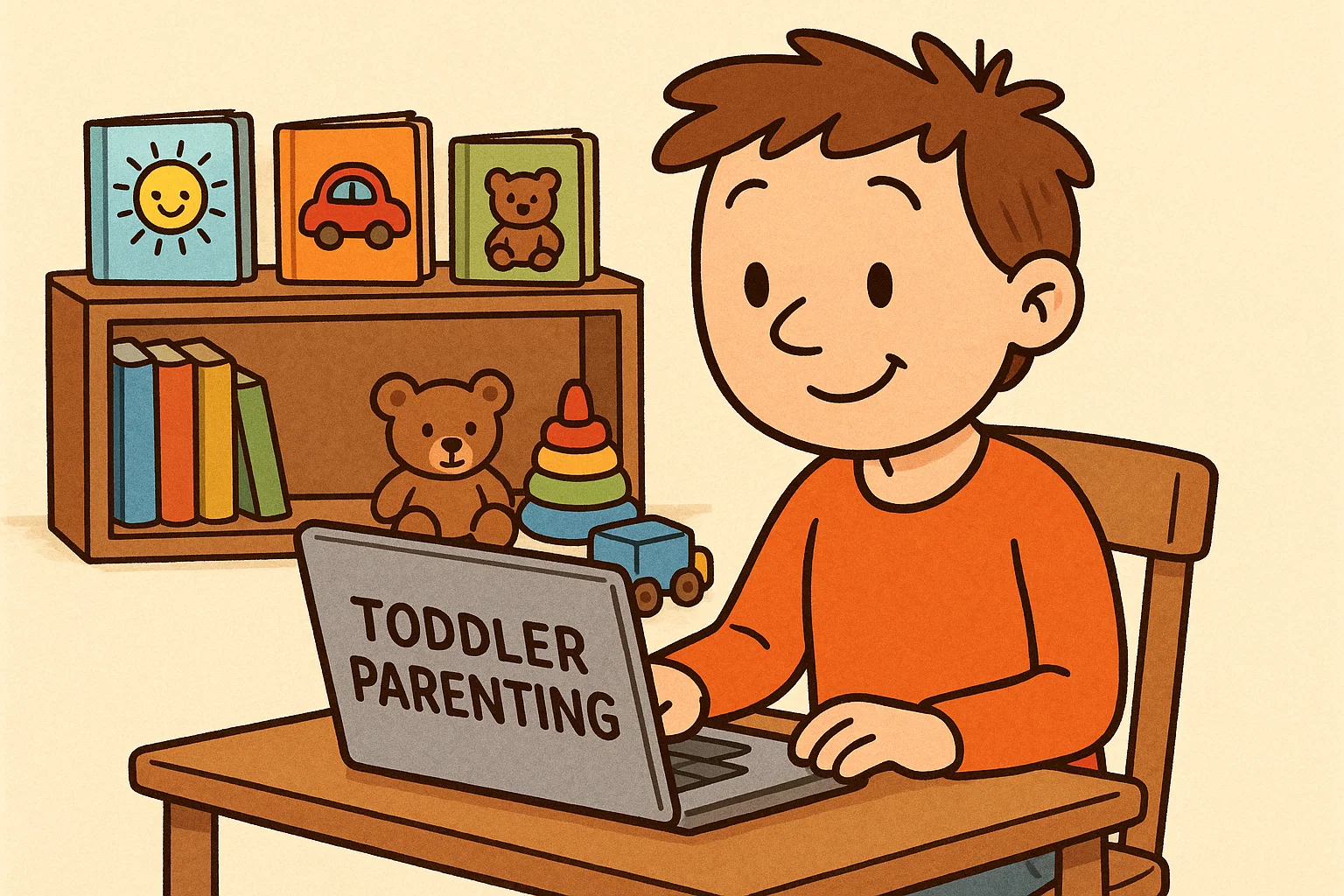
Leading child development organizations provide structured learning opportunities that may significantly impact your parenting approach. These resources combine decades of research with practical strategies you can implement immediately.
Parents Together (Self-Paced Course)
Family Lives offers the comprehensive Parents Together program, a self-paced online course specifically tailored for parents of 2-3 year olds. The curriculum covers essential areas including behavior management, effective communication strategies, and age-appropriate discipline techniques.
Studies show that structured parenting courses can significantly reduce stress and improve cooperation over time.
CDC Essentials for Parenting Toddlers
The Centers for Disease Control and Prevention provides the Essentials for Parenting Toddlers and Preschoolers program, featuring evidence-based content for children aged 2-4 years. This resource includes:
- Video demonstrations of positive discipline techniques
- Downloadable handouts with developmental milestones
- Research-backed strategies for skill-building activities
“The CDC’s approach focuses on building emotional connection while maintaining clear boundaries,” notes child psychologist Dr. Sarah Martinez.
NSPCC
The National Society for the Prevention of Cruelty to Children (NSPCC) offers specialized resources focusing on child safety and emotional development. Their materials address parenting in crisis situations and provide practical guidance for managing challenging behaviors in toddlers.
| Organization | Focus Area | Age Range | Format |
| Family Lives | Behavior & Communication | 2-3 years | Online Course |
| CDC | Development & Discipline | 2-4 years | Videos & Articles |
| NSPCC | Safety & Crisis Support | All ages | Resources & Helpline |
Printable Resources and Activity Sheets 📋
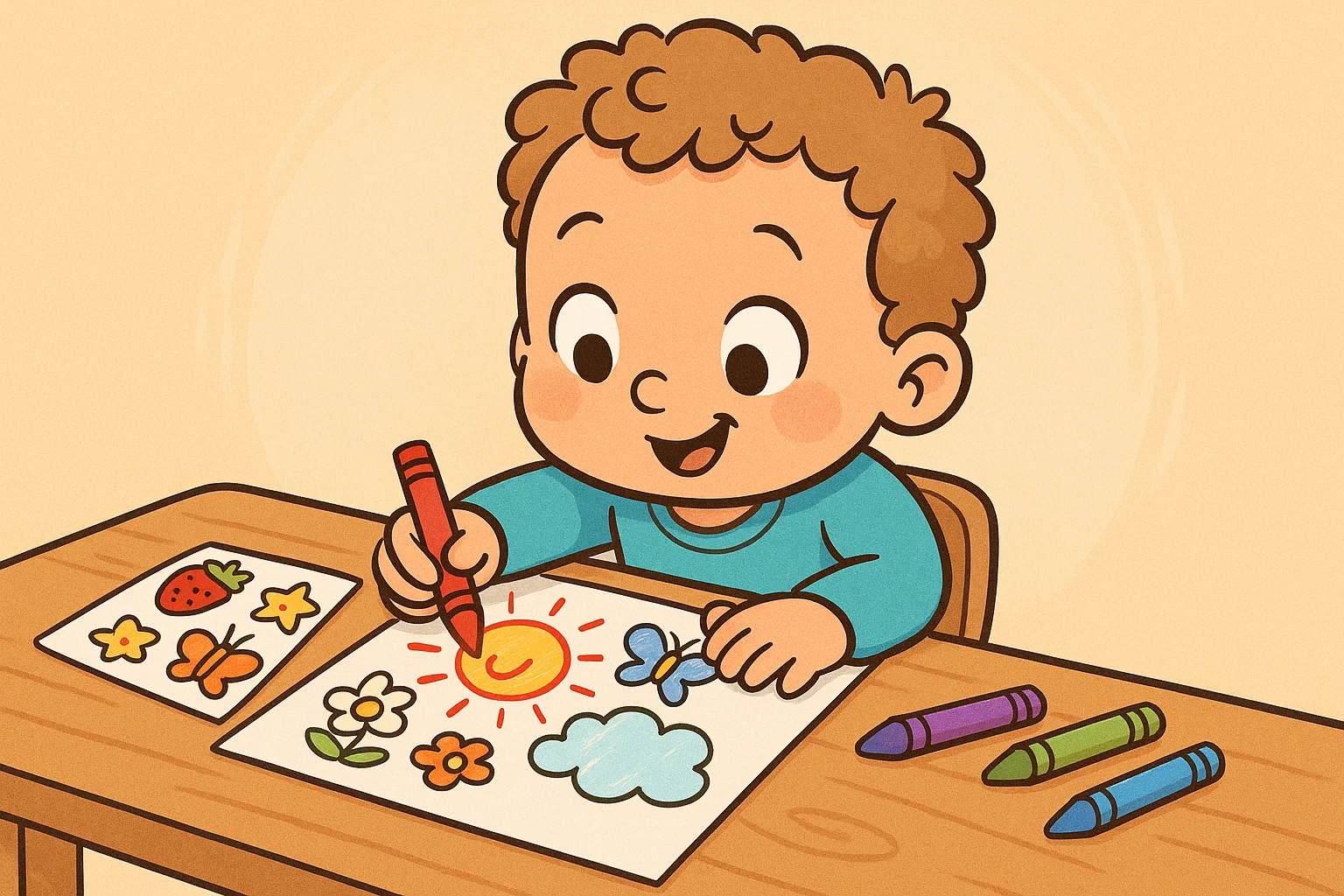
Having physical resources on hand can be invaluable during those moments when you need immediate solutions or activities to engage your toddler.
Coloring Pages, Word Searches, Puzzles
eParenting provides an extensive collection of printable activities specifically designed for toddlers and their parents. These resources help keep children engaged while supporting the development of basic skills such as pattern recognition and fine motor coordination.
Organizational Planners and Trackers
Effective parenting often requires organization. Free templates include:
- Sleep tracking charts
- Nutrition planners
- Reward system checklists
- Daily routine schedules
These tools can assist in identifying behavioral patterns and establishing consistent routines that support improved emotional well-being and daily functioning.
Parenting Pamphlets and Fact Sheets
Parenting Counts and the Center for Effective Parenting offer comprehensive brochures covering common toddler challenges:
- Managing tantrums and meltdowns
- Setting appropriate boundaries
- Supporting emotional development
- Addressing testing behaviors
Video Tutorials and Storytelling Resources 🎥
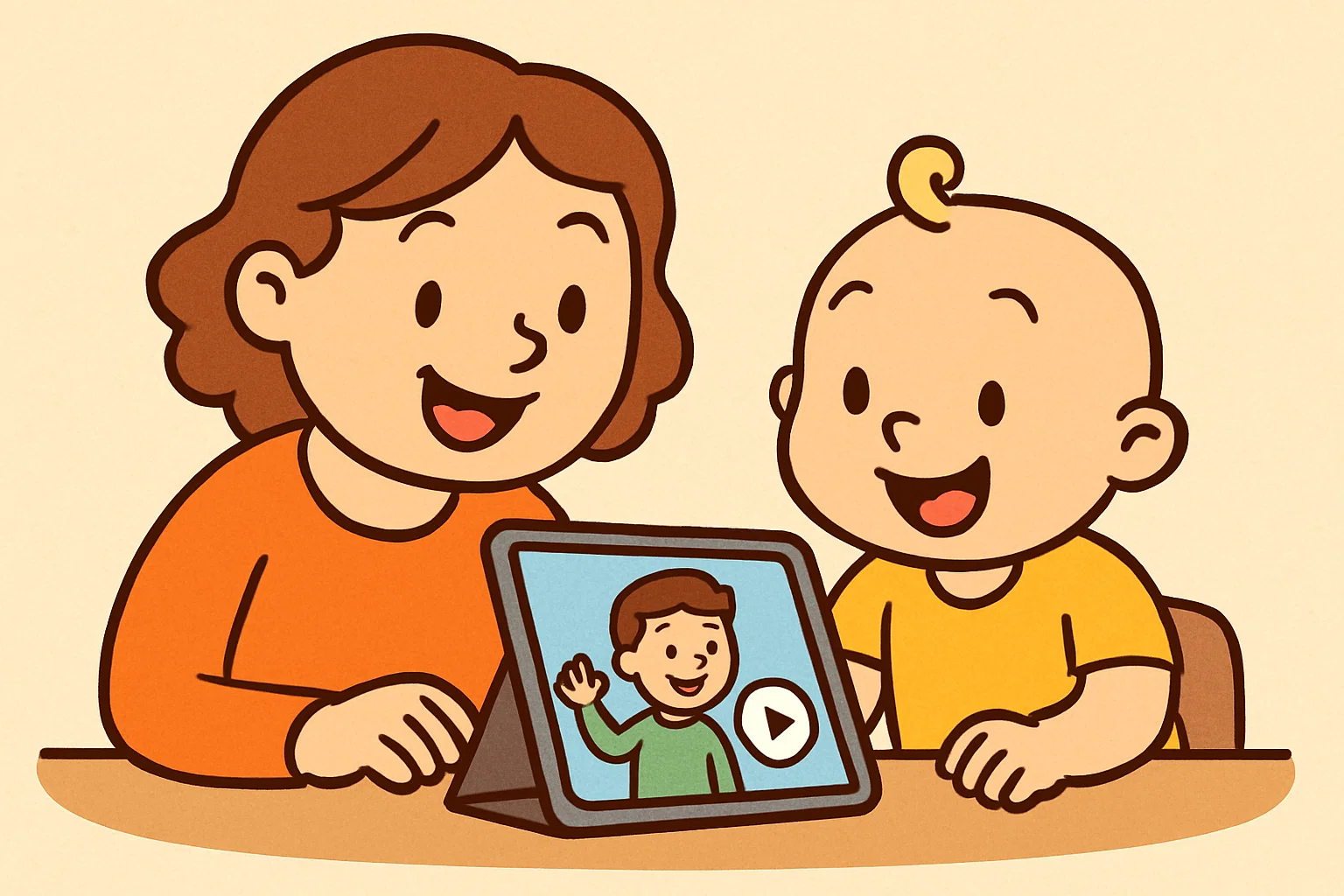
Visual learning can be particularly effective for both parents and toddlers. These resources provide demonstrations and engaging content that brings concepts to life.
Behavior Management Videos
The CDC and partnering organizations offer video tutorials demonstrating positive discipline techniques. These resources show real-world applications of:
- De-escalation strategies during tantrums
- Implementing house rules effectively
- Using positive reinforcement methods
Read-Aloud Stories and Fingerplays
PBS KIDS, Storyline Online, and Jbrary provide free access to:
- Professional read-aloud sessions
- Interactive fingerplay videos
- Age-appropriate songs and rhymes
Storytelling activities are associated with measurable improvements in language development, according to early childhood research.
Webinars by Parenting Organizations
Live and recorded webinars from NSPCC, Family Lives, and other leading organizations feature expert panels, Q&A sessions, and evidence-based advice. These sessions often address seasonal challenges and trending parenting topics.
Emotional and Behavioral Support Tools 💝
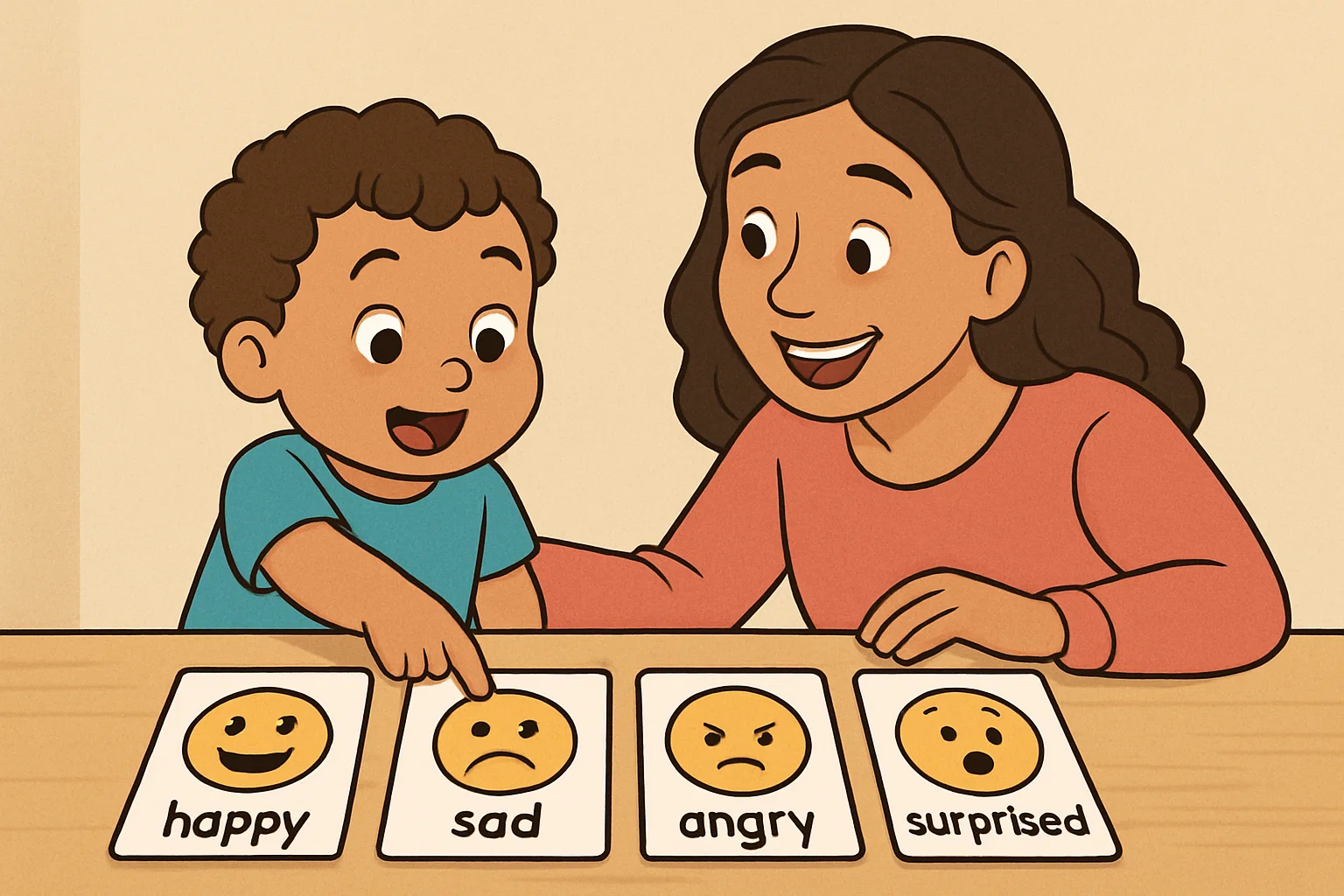
Supporting your toddler’s emotional development requires specific strategies and tools designed for their developmental stage.
Positive Discipline Toolkits
Comprehensive toolkits include templates for creating structured home environments that encourage cooperation. These resources may include intervention plans and reward systems that reinforce positive behaviors while addressing challenging ones constructively.
Emotional Literacy Worksheets
Free printable resources help toddlers begin to understand emotions through:
- Emotion identification cards
- Empathy-building scenario worksheets
- Self-regulation activity sheets
Helplines and Crisis Support
Family Lives Parentline and similar services provide immediate support when you’re facing challenging parenting moments. These confidential services offer both phone and online chat options with trained professionals.
Health and Nutrition Guidance 🍎
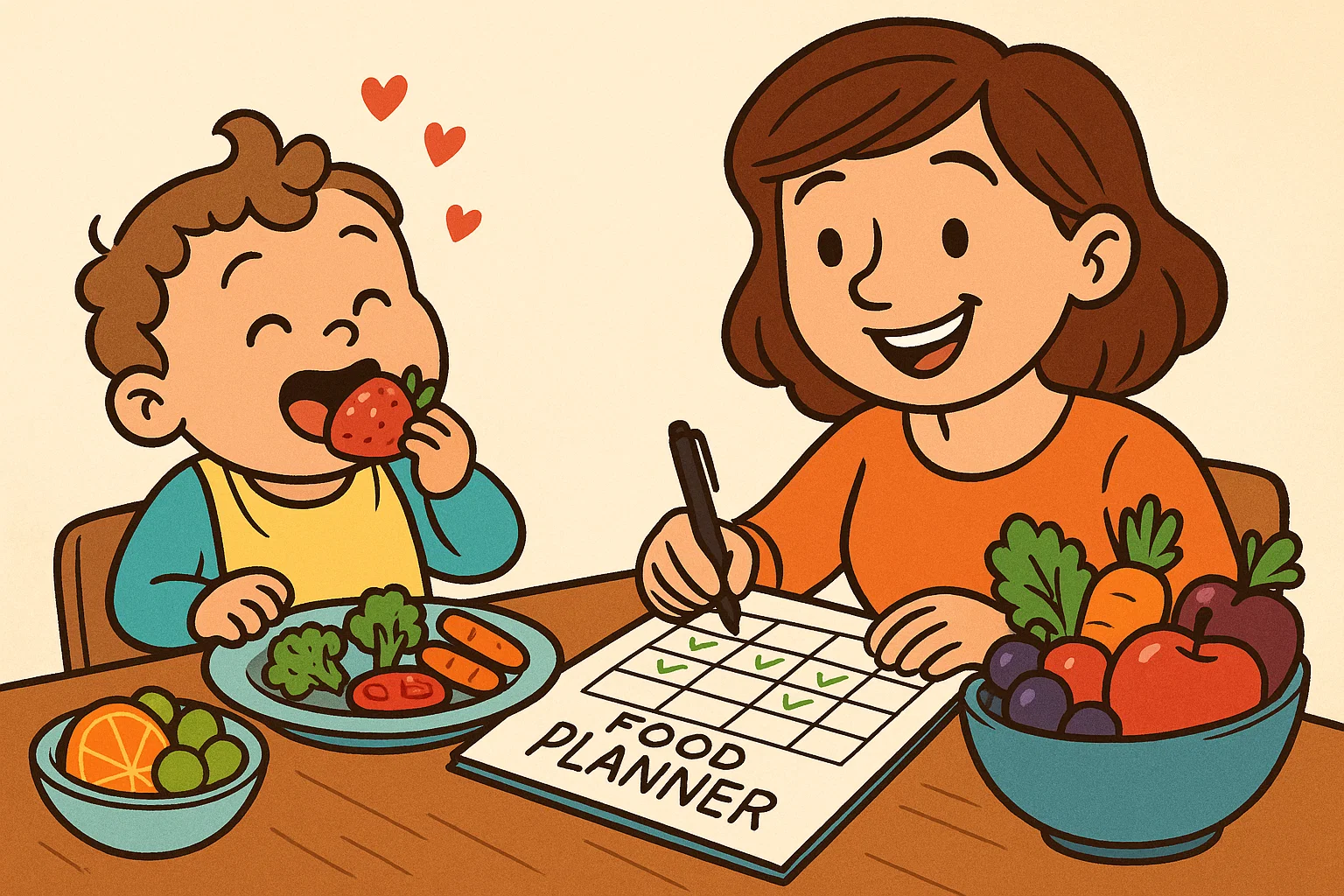
Proper nutrition and health monitoring are fundamental to your toddler’s development and behavior patterns.
Toddler Meal Ideas and Planners
Free resources include age-appropriate menu suggestions, easy recipes, and meal planning templates that address common toddler eating challenges like picky eating and proper portion sizes.
Health Tracking Templates
Printable and digital templates help you monitor:
- Growth patterns (height and weight)
- Sleep schedules
- Vaccination records
- Developmental milestones
Expert Advice Portals
HealthyChildren.org (American Academy of Pediatrics) and CDC provide access to pediatric expertise through comprehensive online resources and consultation guidelines.
Outdoor and Creative Toddler Activities 🌳
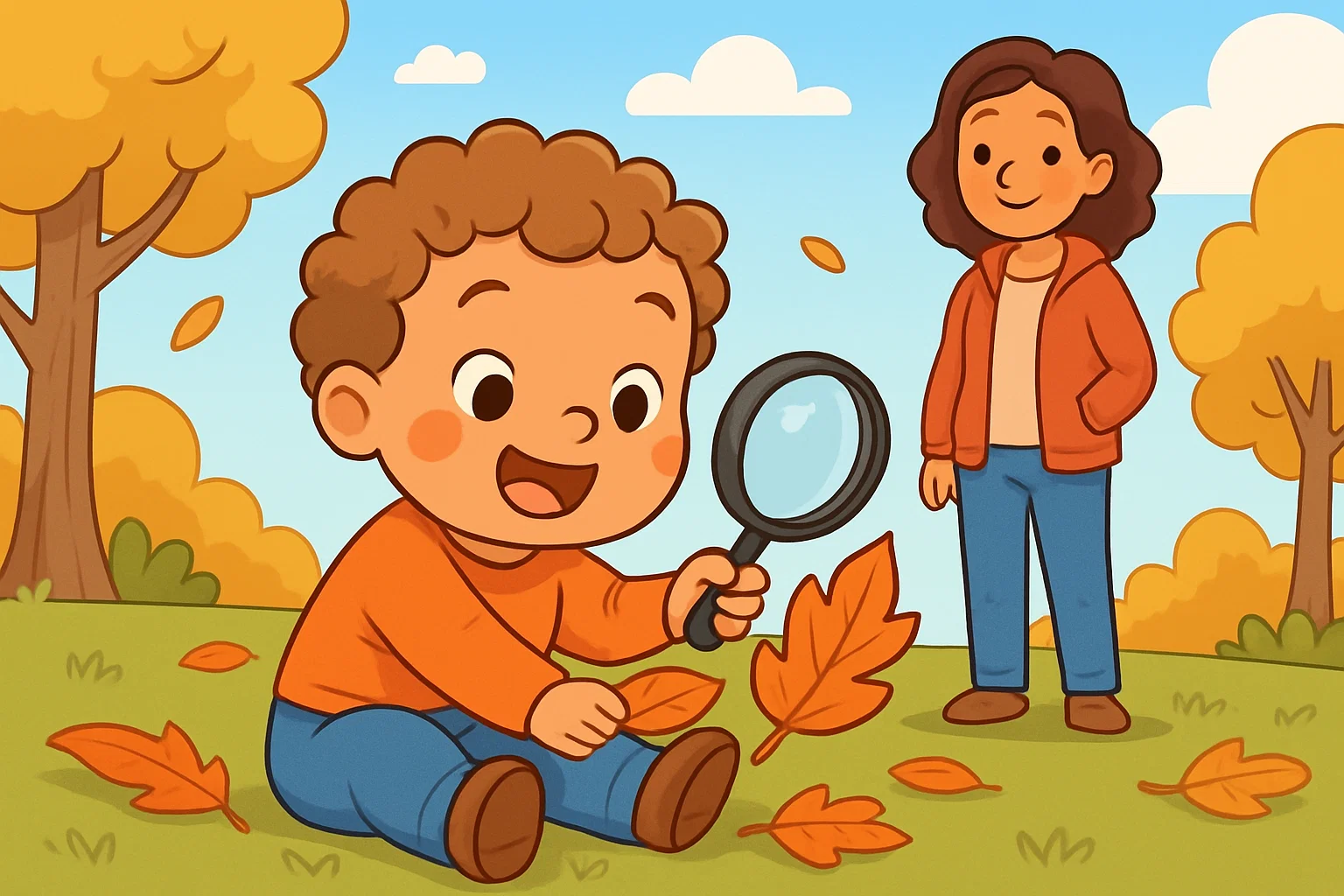
Screen-free activities promote healthy development while providing opportunities for parent-child bonding.
Nature Play Guides and Scavenger Hunts
Structured outdoor activities include printable scavenger hunt lists and nature exploration guides that encourage curiosity and physical development.
DIY Sensory Bins and Craft Ideas
Simple projects using household materials create engaging sensory experiences that support cognitive development. These activities may help improve focus and provide calming outlets for high-energy toddlers.
Screen-Free Week Ideas
Comprehensive activity lists and printable resources from Screen-Free Week provide alternatives to digital entertainment, promoting creativity and family interaction.
Free Newsletters and Email Support 📧
Staying informed about child development can be challenging. Newsletter subscriptions provide regular, research-based updates delivered to your inbox.
Weekly Toddler Tips by Email
Regular email support from eParenting and Child Therapy Guide offers timely advice addressing common developmental stages and seasonal challenges.
Seasonal Activity Bulletins
Specialized content includes holiday craft ideas, summer activity suggestions, and seasonal adaptation strategies for routine changes.
Printable Resources via Email
Exclusive subscriber content often includes advanced planning templates and specialized activity sheets not available through general website access.
These free resources provide comprehensive support for your toddler parenting journey. Remember that every child develops at their own pace, and what works for one family may need adjustment for another. The key is finding resources that align with your parenting style and your toddler’s unique needs.


